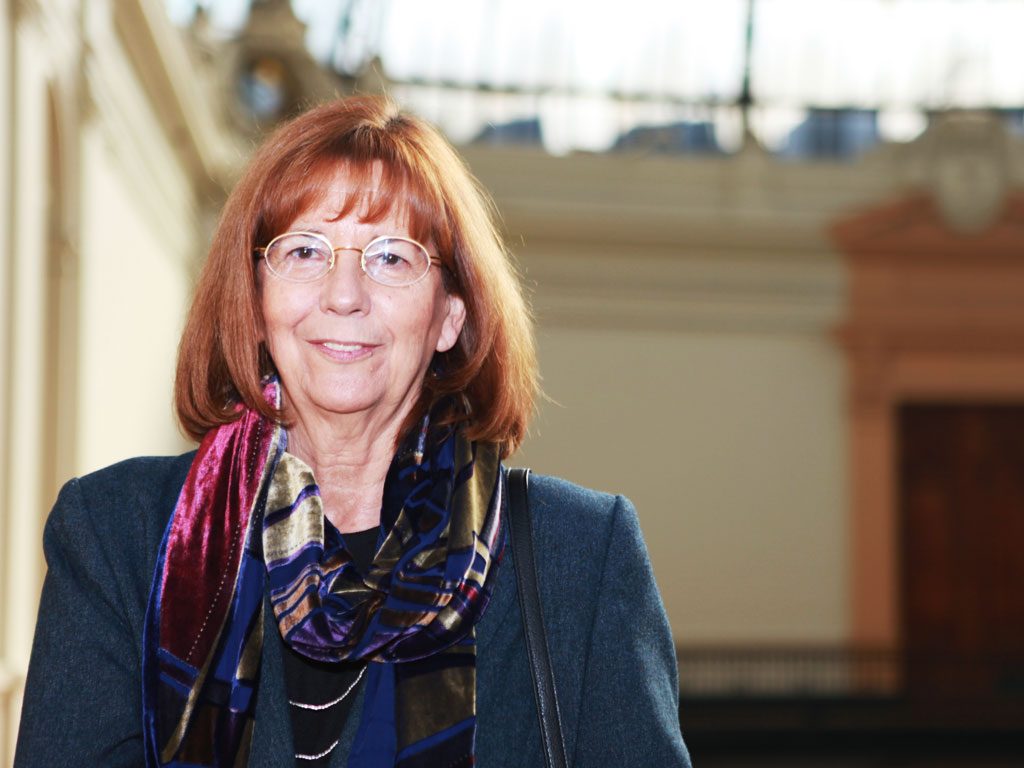Maria Teresa Ruiz is a South American, born in Santiago de Chile on September 24, 1946. She is a born academician and her heart beat towards her work is amazing and worthy of emulation.
In 1975, she obtained a PhD in Astrophysical Sciences from Princeton University, making her the first woman to study astronomy at the University of Chile. Professor Maria reveres her scholarly goals and she wears her job like a dress. She is a trailblazer and a goal getter with a great impact on the academic space of Chile.
In 1997, she was named National Science Prize after discovering the first “coffee dwarf”, stellar objects that do not have independent light. This discovery opened the understanding of many individuals in the academic field. On this account, she was recognized and her fame traveled amongst other scientists in Chile.
After her work on physical sciences, Professor Maria received an international award at the 19th Women in Science Awards Ceremony that held in Maison de la Mutualité in Paris, France.

Professor Maria is also the first woman to receive her country’s National Award for Exact Sciences. She obtained an employment structure of tenure-track position at the University of Chile Astronomy Department. Shortly after, she was made a full-time professor at Universidad de Chile where she still works and directs as Center for Astrophysics and Associated.
She is a member of the Centro de Astrofísica CATA (CATA Centre for Astrophysics).
Professor Maria has written over 200 publications on science and 5 astronomy books that have been published for the general public. Currently, she works as a professor of astronomy at the University of Chile and she is a member of the Chilean Academy of Science.




